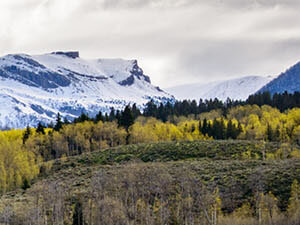Alaska
Bristol Bay
The Bristol Bay FRTEP program serves an area the size of Ohio that includes 31 tribes and more than 7,500 people with 4-H youth programming and support for traditional culture and food sources.
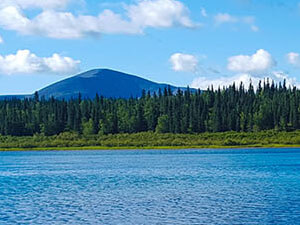
Tanana Chiefs
The Alaska cooperative extension service brings research to the people, taking topics such as food safety, youth development and gardening and putting them in a practical form that helps Native Alaskans be healthy and thriving.
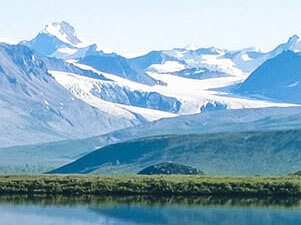
Arizona
Colorado River Indian Tribes
The Colorado River Indian Tribes (CRIT) is comprised of the Mohave, Chemehuevi, Hopi and Navajo. Established in 1865, the CRIT reservation is located in Southwestern Arizona along the Colorado River.
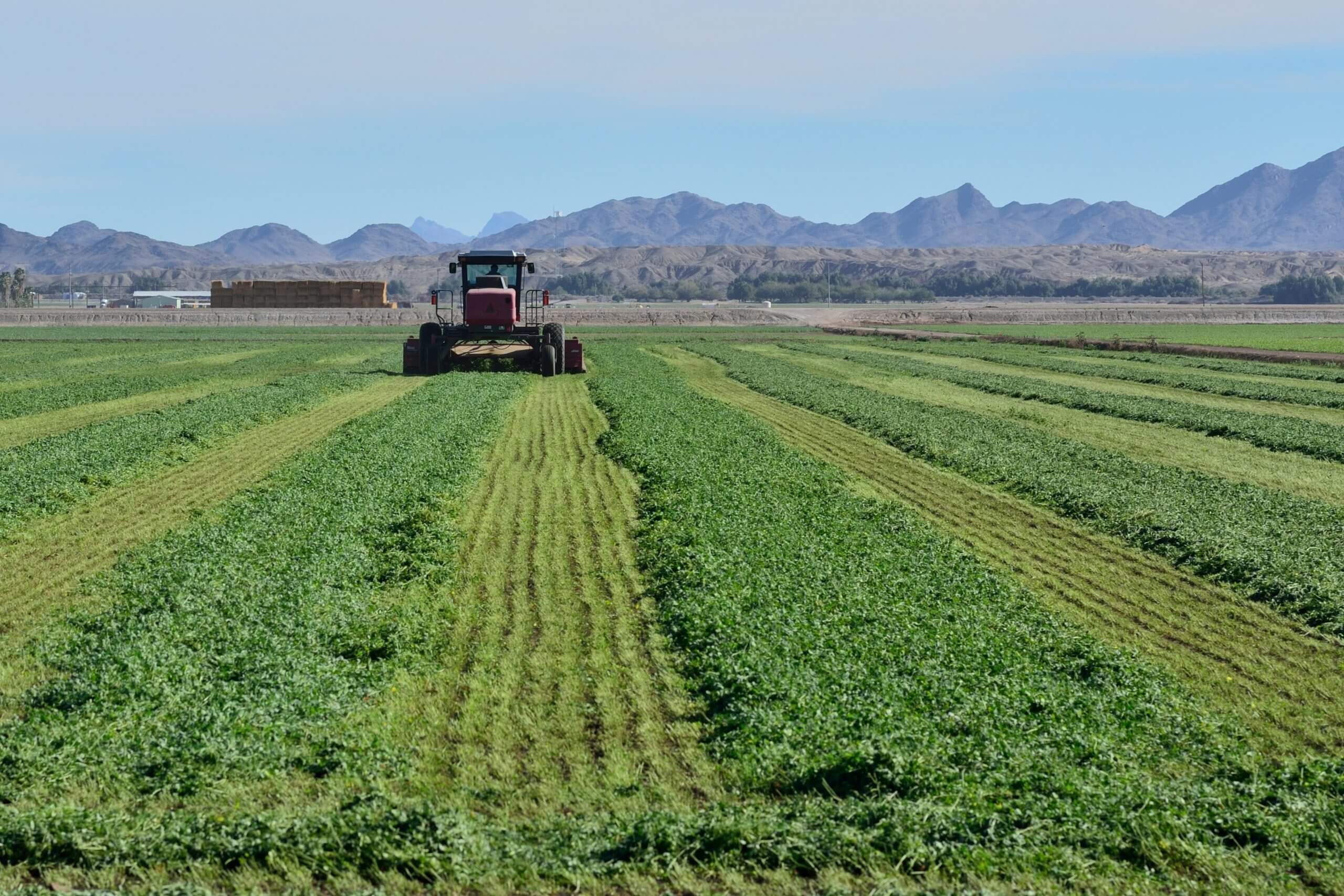
Hopi
The Hopi Reservation is located in northern Arizona, about 100 miles northeast of Flagstaff. It consists of more than 2,500 square miles, all located within the boundaries of the Navajo Nation.
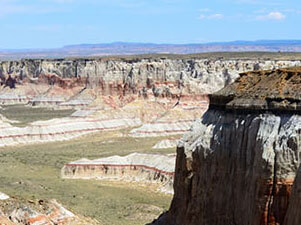
Hualapai
The Hualapai Tribe is a federally recognized Indian Tribe located in northwestern Arizona about 150 miles southeast of Las Vegas. The Reservation spans three counties and 1,182 square miles.
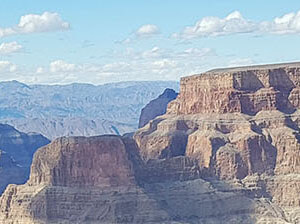
Navajo (Shiprock)
The Shiprock Agency serves an area of about 2.7 million acres and is located in the Northeastern part of the Navajo Nation. Its reach extends into the Four Corners region of Arizona, Utah and New Mexico.
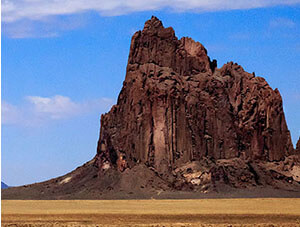
Navajo (Tuba City)
Extension plays a vital role in providing Navajo producers with information, support and the knowledge to grow traditional crops that help families make a good living while improving their health and well-being.
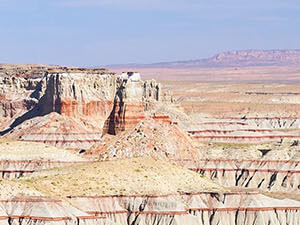
Navajo (Window Rock)
Located on the Arizona/New Mexico border on the Navajo Nation, Window Rock (elevation 6,830 feet) lies within the St. Michael's Chapter about 160 miles west of Albuquerque.

San Carlos Apache
Located about 100 miles east of Phoenix, the San Carlos Apache Reservation consists of 1.8 million acres, the majority of which is forest lands and range lands used for grazing cattle.
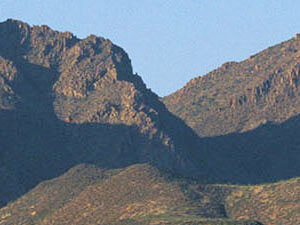
Connecticut
Mashantucket Pequot
Located on North America's oldest reservation (established in 1666) the Mashantucket Pequot extension program seeks to improve food security among tribal members, engage tribal youth, and educate tribal members about nutrition and health.
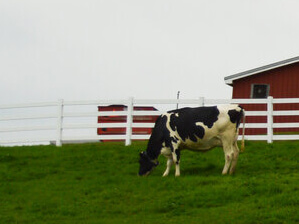
Florida
Seminole
The Seminole Tribe controls more than 90,000 acres of land in South Florida on six reservations. The Tribe has a long history in agriculture and animal husbandry.
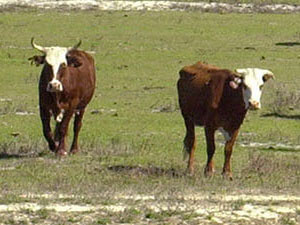
Idaho
Coeur d’Alene
The Coeur d'Alene Reservation is located in the lakes country of Northern Idaho. Included in the Reservation’s nearly 350,000 acres is a significant portion of Lake Coeur d’Alene and the submerged lands beneath it.
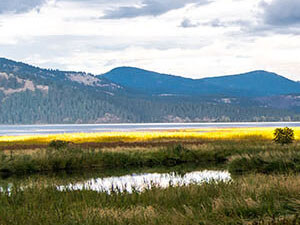
Fort Hall
Tribal Extension develops and leads innovative, research-based agricultural, youth and community leadership and educational programs for the Fort Hall community.

Nez Perce
Located in the Idaho Panhandle, the 750,000-acre Nez Perce Reservation is comprised of cropland, grazing land and forestland. Land and natural resource management is paramount for the Tribe.
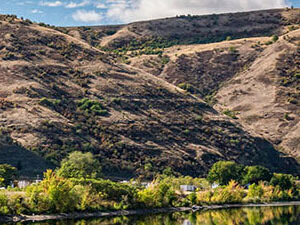
Michigan
Bay Mills
Located in Michigan's Eastern Upper Peninsula on Lake Superior, the Bay Mills Indian Community is about 15 miles southwest of Sault Ste. Marie and is one of the many bands of Chippewa Indians (Ojibwa).
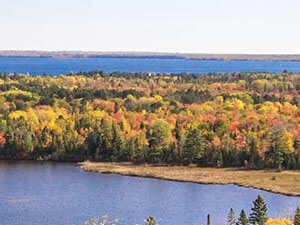
Minnesota
Minnesota
The University of Minnesota Extension FRTEP program serves the Leech Lake Band of Ojibwe, White Earth Nation and the Red Lake Band of Chippewa. Each reservation is comprised of nearly one million acres, with a combined population of about 50,000 members.
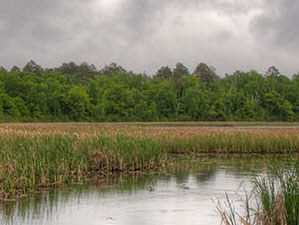
Mississippi
Mississippi Choctaw
Tribal extension provides agricultural and youth services to eight Choctaw communities across central Mississippi with on-site program delivery in conjunction with other tribal organizations.
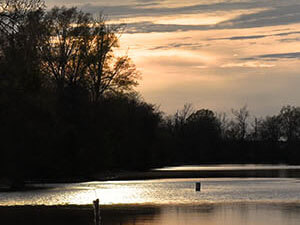
Montana
Blackfeet Nation
Extension plays a vital role on the Blackfeet Reservation where agriculture is the primary economic industry with some 800 producers managing 1.5 million acres of land.
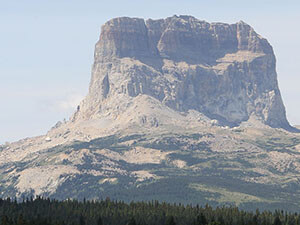
Flathead
Located in Northwestern Montana, the Flathead Indian Reservation is the home of the Confederated Salish and Kootenai Tribes, and is comprised of the Bitterroot Salish, the Pend d’Oreille and the Kootenai tribes.
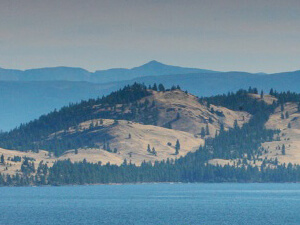
Fort Belknap
Located in North Central Montana near the Canadian border, the 675,000-acre Fort Belknap Indian Reservation is home to 7,000 members of the Gros Ventre (Aaniiih) and the Assiniboine (Nakoda) Tribes.
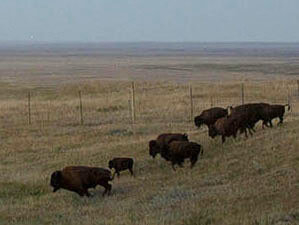
Fort Peck
Agriculture is the primary economic driver on the reservation. Based in Poplar, Fort Peck extension is a collaborative effort between Montana State University, Fort Peck Community College and the Fort Peck Tribes.
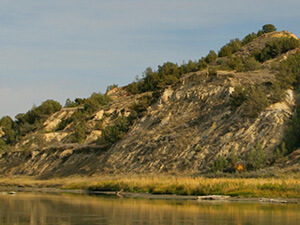
Nevada
Duck Valley
Located in the high desert of northern Nevada, the 450-square mile Duck Valley Reservation straddles the state line between Nevada and Idaho and is home to the Shoshone-Paiute Tribe.
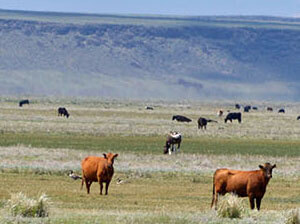
Pyramid Lake
Created in 1859, the Pyramid Lake Reservation is located approximately 35 miles northeast of Reno in northwestern Nevada. About 25 percent of the Reservation's 742 square miles is occupied by Pyramid Lake, which is about 27 miles long and 11 miles wide.

Walker River
The Walker River Reservation in central Nevada is comprised of 530 square miles, most of which is utilized for livestock production. This makes the knowledge and assistance provided by the FRTEP extension program vital to the community.
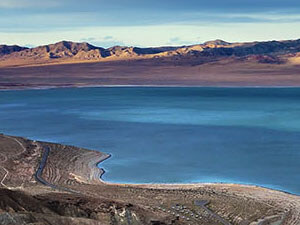
New Mexico
Jicarilla
Tribal extension provide education based on the specific needs of the Jicarilla Apache Nation tribal members by increasing economic opportunity, enhancing natural resource stewardship and promoting healthy lifestyles.
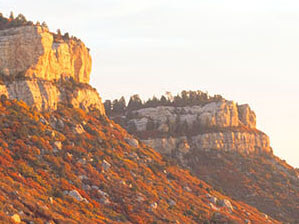
North Carolina
Eastern Band of Cherokee
North Carolina Cooperative Extension is an educational partnership helping people put research-based knowledge to work for economic prosperity, environmental stewardship, and improved quality of life.
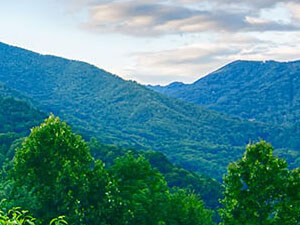
North Dakota
Fort Berthold
The Fort Berthold Reservation, located in north central North Dakota near the Canadian border, consists of nearly a million acres of land and water. It is home to the Three Afiliated Tribes (TAT): the Mandan, Hidatsa and Arikara.

Oklahoma
Choctaw (Oklahoma)
Oklahoma Cooperative Extension Service develops science-based educational programs to help Oklahomans solve local issues and concerns, promote leadership and manage resources wisely.
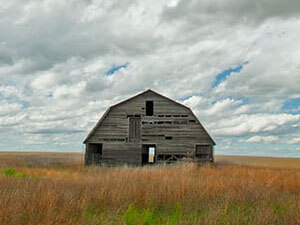
Osage
Located in the north central part of Oklahoma adjacent to the Kansas border, the Osage Nation Reservation encompasses nearly 1.5 million acres, or 2,300 square miles, and is coextensive with Osage County.
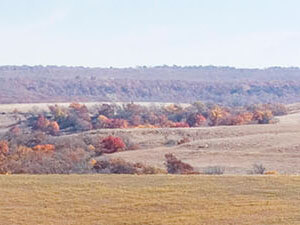
Pawnee
Pawnee County is located in Central Oklahoma, about 60 miles northwest of Tulsa. The Pawnee Tribe was relocated to the area from their traditional homelands along the North Platte River in Nebraska in the 1970s.
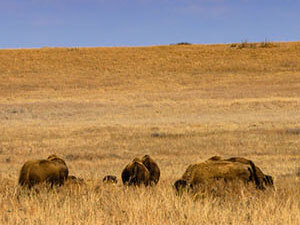
Oregon
Warm Springs
Oregon State and Warm Springs have partnered for more than 50 years to offer a variety of services to adults and young people in the areas of agriculture and natural resources, family and community health, and 4-H youth programming.
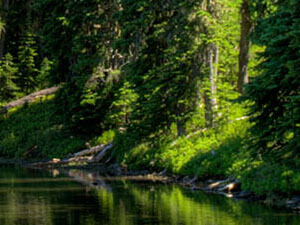
Washington
Colville
The Colville Reservation in central Washington includes 1.4 million acres and is composed of 12 bands: the Chelan, Chief Joseph Band of Nez Perce, Colville, Eniat, Lakes, Methow, Moses-Columbia, Nespelem, Okanogan, Palus, San Poil, and Wenatchi.

Kalispel
The WSU Kalispel Tribal Extension Program office opened in 2011 and is located at the Kalispel Career Training Center north of Cusick, Washington, 55 miles north of Spokane on the Pend Oreille River.
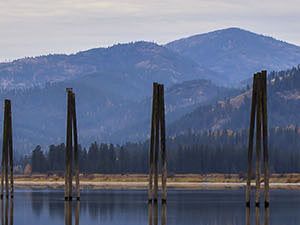
Wisconsin
Bad River
The 156,000-acre Bad River Reservation is located on the south shore of Lake Superior and is home to the Bad River Band of Lake Superior Tribe of Chippewa Indians. About 1,500 of the Tribe's 7,000 members live on the reservation.
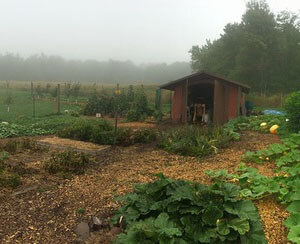
Wyoming
Wind River
Wyoming Extension offers programs in 4-H and youth development, agriculture, horticulture, nutrition, food safety, natural resources, ecosystems, and community education serving 23 counties and the Wind River Indian Reservation.
